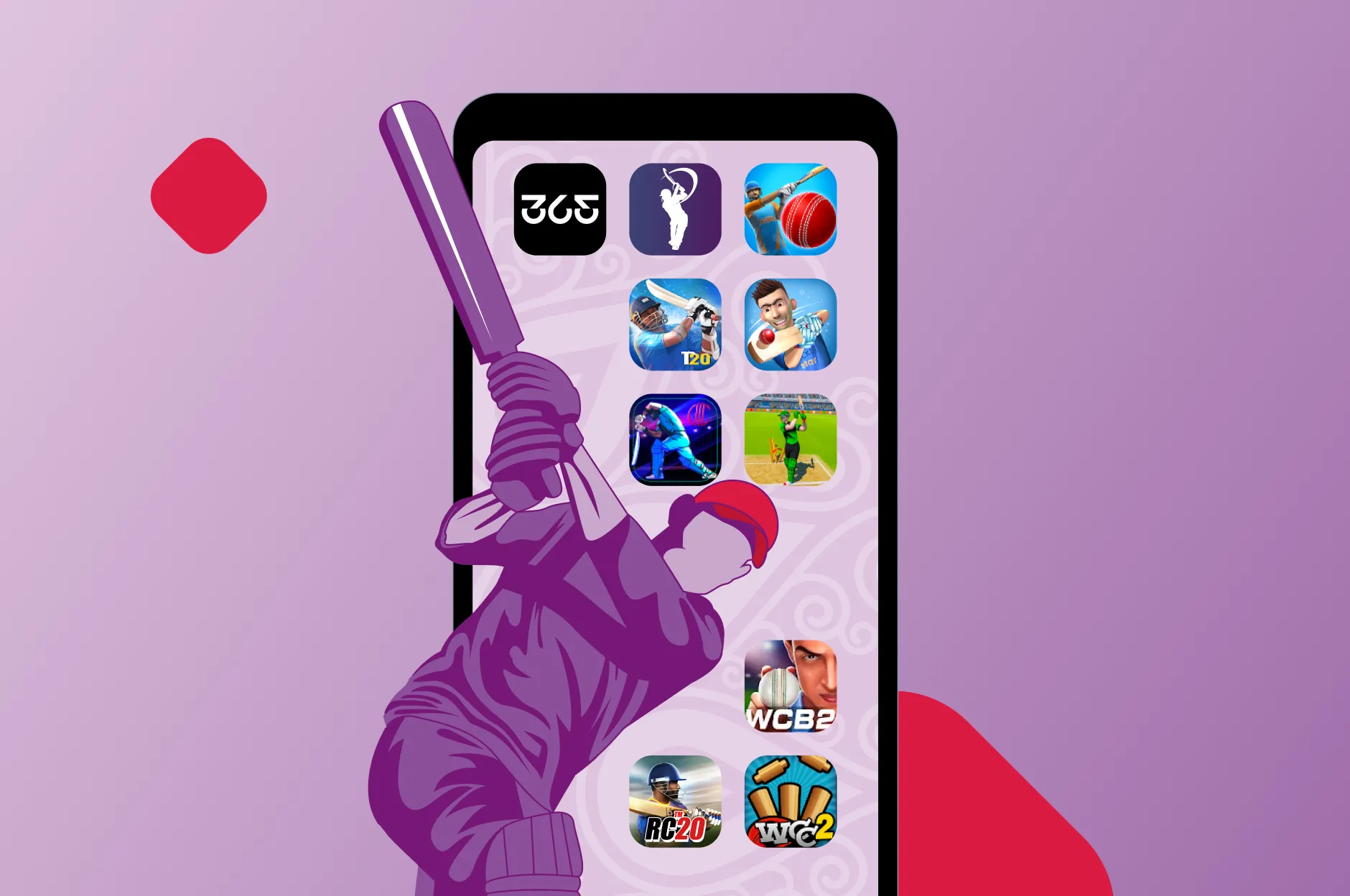

While the Apple App and Google Play stores dominate the western marketplace, they are not as dominate in emerging markets – largely due to the fact that they both require the use of credit cards.There are an approximate 1.5 billion credit cards in use worldwide. The total number of mobile phone subscribers, on the other hand, is around 5 billion – a gap of 3.5 billion.In an effort to fill this gap, there is a whole universe of alternative app stores, white-labelled marketplaces, and choices hosted by mobile operators and OEMs with their own built in Pay solutions.According to an article by Media Post, by running their own app stores, operators are able to be agile in the marketplace, offering their consumers tailored content for what they want, and more importantly, engaging with them directly.While Apple users are limited primarily to iTunes and App store, if you’re an Android user you’re in luck as you are spoilt for choice, and for some still using mobile devices classed as feature phones (using Java J2ME or Brew OS), alternatives are the only option. Surprisingly, feature phone sales in the US actually rose in 2015 to 24M devices, up from 22M in 2014, and this is driven primarily by the low penetration of cheap Android devices in the US found in abundance in many other markets.Let’s look at some of the top considerations why an alternative Marketplace is an attractive and preferred option for some consumers:Store Availability: When you purchase a new mobile device, an alternative store might be the first thing you see as it’s preloaded on the device. Embedding a store on a new device is a popular option for mobile operators and OEMs. When you consider that 30 – 40% of Android devices do not include Google services, and therefore Google Play, presenting an alternative reaches an untapped market.Alternative Content: When it comes to censoring content Google can be very strict (often for good reason), but there are categories they won’t allow so alternative marketplaces fill that void. Some alternative stores also focus on niche categories or present different curated recommendations not visible in the featured section of Google Play. This is an opportunity for app developers to have their content featured where they might be otherwise lost in discovery with Google.Alternative Billing (Direct Carrier Billing): While it varies by country, the payment option available to Google Play consumers is primarily credit card and requires a Google account. Given the low penetration of credit cards in emerging markets this is a major barrier. The key feature of many alternative marketplaces is direct carrier billing, charging directly to your mobile bill (or prepaid balance). E-Wallets and Credit Points systems are also extremely popular in places such as South East Asia.Many stores offer flexibility as well by providing subscription based ‘all-you-can-eat’ or ‘buffet’ style apps clubs, where for a small weekly or monthly fee, consumers have access to a large range of premium apps.By providing alternative mobile content integrated with multiple payment options mobile operators, OEMs, and brands have opportunity to develop a tailored offering. Digital Turbine offers a fully customizable Marketplace white-labelled store solution that is seamlessly being used by leading mobile operators in emerging markets today.If you are looking for a white-labelled Marketplace solution on mobile, Digital Turbine is worth considering.








.jpg)

